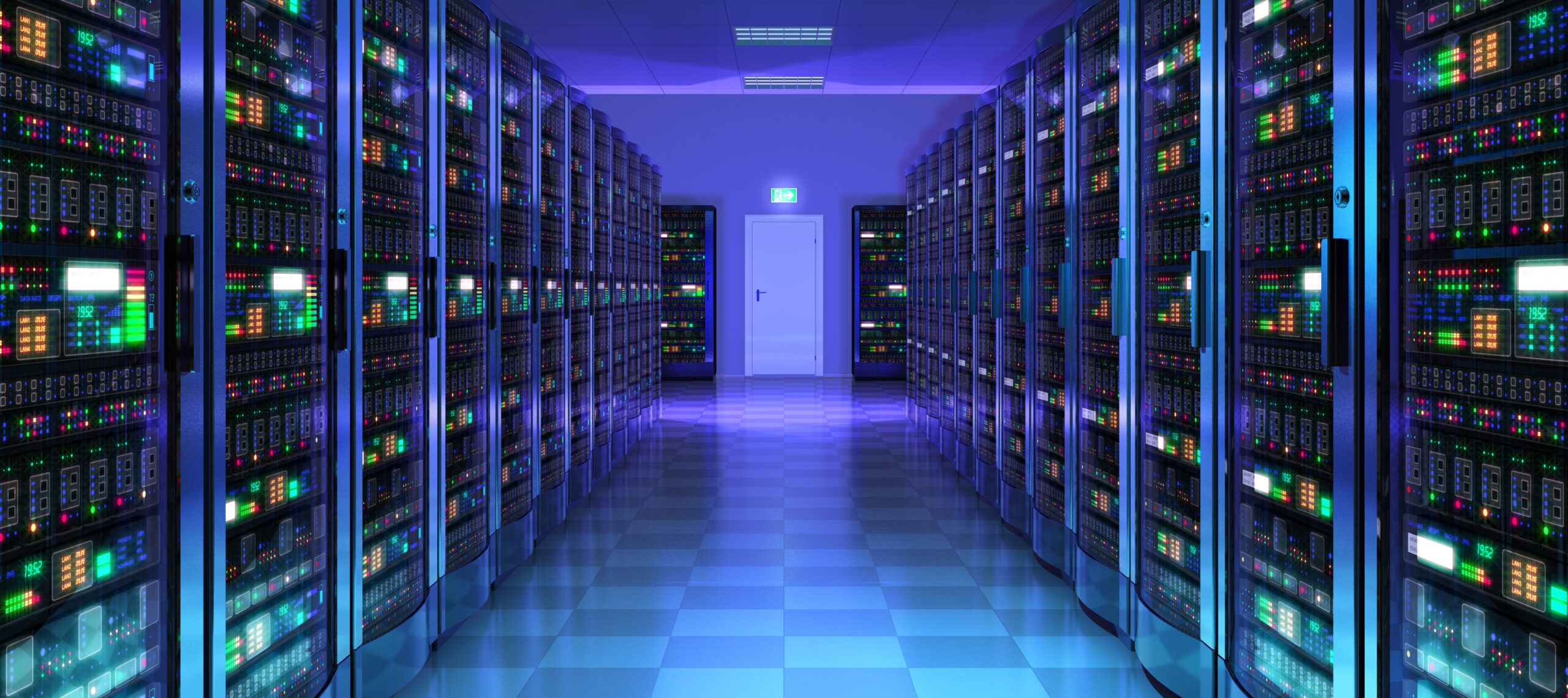Why Should You Choose Rack Servers for Your Data Center?

Choosing the right server type is crucial for your data center, and rack servers excel in many features. They have specifications like fast data processing, large storage space, quick data transfer, and more. Rack-based servers are also scalable, which helps you enhance the space when your business grows.
In addition, the rack server can streamline operations and is more cost-effective than other servers. You can choose according to your budget, save money, and invest it in other business activities.
Let us know why you should choose rack servers for your data center.
Scalability for Expandable Feature
One of the best reasons to choose the rack server for data center is its scalability. Without the expandable feature, you might have experienced the frustration of a data center that can’t keep pace with your business growth. The highly scalable nature of rack servers means you can easily add or remove servers as your needs change. This allows your infrastructure to adapt without causing significant downtime.
Conversely, when demand decreases, you can downsize effortlessly. This ability to adjust enhances efficiency and ensures you only pay for what you need. In summary, rack servers provide the scalability that lets you confidently and easily navigate your business’s changing landscape.
Energy Efficiency for Efficient Power Use
Energy efficiency is crucial for keeping your data center running smoothly while lowering power consumption. Rack servers are designed with advanced technologies that help you use power more effectively, reducing energy costs and environmental impact.
The gadget has power-saving modes and dynamic power scaling that adjusts the server’s power usage based on current workloads, ensuring no energy is wasted. With more efficient power use, you will cut operational costs and prolong the life of your hardware, minimizing heat and wear on components.
| Technical Aspects | Description |
| Power Supply Efficiency | Power supplies with 80 PLUS Certification ensure at least 80% efficiency, reducing energy waste. |
| Advanced Cooling Solutions | Liquid cooling systems and variable-speed fans optimize cooling while minimizing power usage. |
| Virtualization Technology | Hypervisors (e.g., VMware, Microsoft Hyper-V) allow multiple virtual machines on one server, reducing energy consumption. |
| Dynamic Power Management | Technologies like Intel Turbo Boost and power monitoring software optimize performance and reduce power usage. |
| High-Efficiency Components | Utilizing SSDs and energy-efficient CPUs lowers power consumption while maintaining high performance. |
Modular Design for Easy Installation
Regarding building efficient data centers, modular design in rack servers offers significant advantages that address the unique challenges modern IT environments face. With the modular design, you can easily scale your infrastructure up or down with modular rack servers. This design allows you to add or remove individual server units without disrupting the entire system.
You can also replace or upgrade specific modules, such as processors, memory, or storage, without taking the entire server offline. This minimizes downtime, allowing your data center to operate continuously. You can also save money by upgrading specific components instead of replacing entire systems, avoiding the expenses associated with purchasing new servers.
Enhanced Cooling and Power Management
Another reason you should choose the rack server for your data center is its enhanced cooling and power management. This means you can manage multiple tasks easily with the help of a server device. The gadget ensures that your servers stay at the right temperature, even during heavy workloads.
The servers often incorporate advanced cooling mechanisms, such as liquid or improved fan systems, which harmonize with the airflow design. As a result, your servers are less likely to overheat, improving overall performance and extending their lifespan by reducing wear and tear on internal components.
- Power Distribution Units (PDUs): Modular designs often include integrated PDUs that optimize power delivery to each server, balancing load and minimizing energy waste.
- Energy Star Compliance: Many modular rack servers are designed to meet Energy Star certification standards, which ensures they operate with energy efficiency and reduced environmental impact.
- Hot-Swap Capability: Some modular systems allow for replacing cooling components (like fans) without shutting down the entire system, ensuring minimal downtime.
- Thermal Sensors and Alarms: Integrated thermal sensors and alarms notify administrators of potential overheating issues, allowing for quick response and corrective actions.
Physical Security for Data Protection
You can store valuable information and hardware in your data center, but how can you secure them from threats and attacks? For this, you need physical security features, such as lockable cabinets and access control systems. These prevent unauthorized access and minimize the risk of theft or vandalism. The protection is crucial, as a single theft incident can lead to substantial financial losses and data breaches.
Further, data centers can restrict access to authorized personnel by implementing electronic access control systems, such as key cards or biometric scanners. This control ensures that only trained individuals can handle sensitive equipment, reducing the risk of accidents and intentional damage caused by unauthorized users.
Conclusion
The rack server has many features that help you choose it for your data center. The gadget has specifications such as speedy data transfer, data management, processing speed, and large storage area.
Further, the rack server is scalable, so if your business expands, you can use it accordingly. This can save you money and help you invest in other places.
Read more: 6 Simple Steps to Transfer Data with a Hybrid Flash Drive





